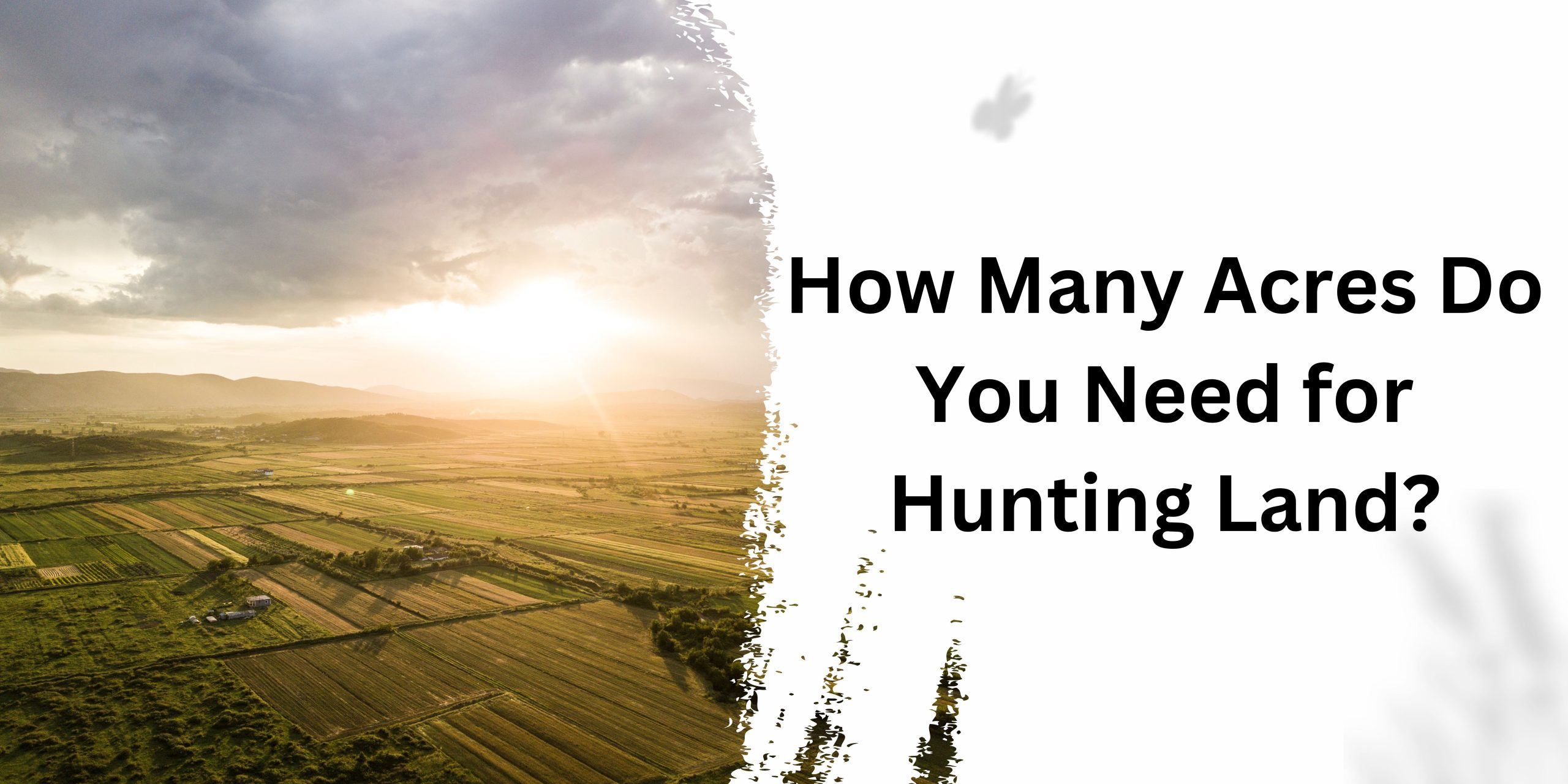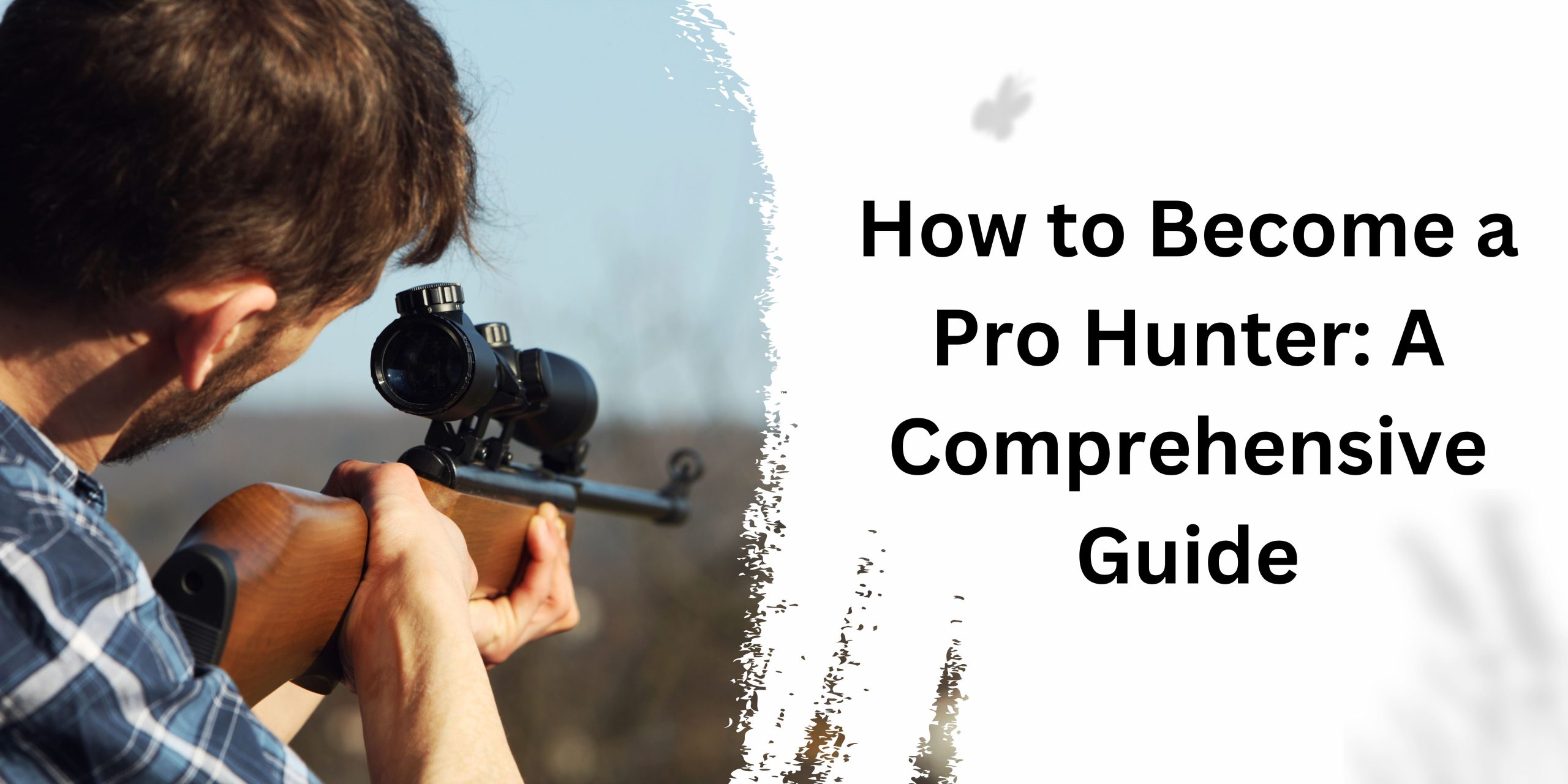If you’re an avid hunter or just getting started, one question that often comes up is, “How many acres do you need for hunting land?” The answer isn’t always straightforward, as it depends on various factors, including the type of game you’re hunting, your hunting style, and local regulations. In this guide, we’ll explore what to look out for in a hunting property, how many acres you might need for different types of hunting, and some tips and tricks to make the most of your hunting land.
What to Look Out for in a Hunting Property
When searching for the perfect hunting property, there are several key factors to consider. First and foremost, you’ll want to ensure that the land is in a suitable location for the game you intend to hunt. For example, if you’re interested in deer hunting, look for properties with a mix of wooded areas and open fields, as deer are often found in these habitats.
Additionally, consider the size and layout of the property. Ideally, you’ll want a property that is large enough to support the game you’re hunting. However, bigger isn’t always better, as a smaller property that is well-managed can often yield better hunting opportunities.
Other factors to consider include access to the property, the availability of water sources, and the presence of food plots or other attractants. Ultimately, the best hunting property is one that meets your specific needs and provides a safe and enjoyable hunting experience.
What Else to Look for in Your Perfect Hunting Property
In addition to the factors mentioned above, there are several other things to consider when choosing a hunting property. One important consideration is the presence of other hunters in the area. If the property is heavily hunted, it may not provide the quality hunting experience you’re looking for.
You’ll also want to consider the terrain of the property. Steep, rugged terrain can make hunting more challenging but can also provide opportunities for more secluded hunting spots. Flat terrain, on the other hand, may be easier to hunt but may also be more heavily trafficked by other hunters.
Finally, consider the legal aspects of the property. Make sure you understand the local hunting regulations and any restrictions that may apply to the property. Additionally, be aware of any potential liability issues, such as the presence of dangerous terrain or structures on the property.
Read More: How to Stay Warm Hunting
How Many Acres Do You Need for Hunting Deer?
The amount of land you’ll need for deer hunting depends on several factors, including the deer population density, habitat quality, and hunting pressure. In general, a property of at least 100 acres is considered ideal for deer hunting, as this size allows for the establishment of food plots and other habitat enhancements.
However, smaller properties can still provide quality hunting opportunities, especially if they are well-managed. The key is to focus on creating a diverse habitat that meets the needs of deer throughout the year, including food, water, and cover.
How Many Acres Do You Need for Hunting Turkeys and Whitetail Birds?
Turkeys and whitetail birds require different habitat types than deer, so the amount of land you’ll need for hunting them may vary. In general, turkeys prefer open areas with scattered trees, while whitetail birds prefer dense cover with plenty of food sources.
For turkey hunting, a property of at least 50 acres is considered ideal, as this size allows for the establishment of roosting sites and strutting areas. For whitetail birds, a larger property of at least 200 acres is recommended, as this size provides the necessary habitat diversity for these birds.
How Many Acres Do You Need for Hunting Hogs?
Hogs are highly adaptable animals that can thrive in a variety of habitats, so the amount of land you’ll need to hunt them depends on the local hog population density and habitat quality. In general, a property of at least 200 acres is recommended for hog hunting, as this size allows for the establishment of bait sites and hunting stands.
Can I hunt on my property without a license?
In most states, you can hunt on your own property without a license. However, there are some exceptions and regulations that you’ll need to be aware of. For example, some states require landowners to obtain a hunting license if they plan to hunt for certain species or during certain seasons. It’s best to check with your local wildlife agency to understand the specific regulations in your area.
Read More: How To Hunt A Groundhog and Reason of Hunting
What are the best states for hunting land?
The best states for hunting land can vary depending on your hunting preferences and the type of game you’re hunting. Some states, such as Texas, offer a wide variety of game species and large tracts of hunting land. Other states, such as Montana and Wyoming, are known for their expansive public lands and abundant wildlife. Ultimately, the best state for hunting land is subjective and depends on your specific hunting goals.
Read More: How to Ask Permission to Hunt
Tips and Tricks for Hunting Land Owners
- Establishing food plots can attract game and provide additional hunting opportunities.
- Installing trail cameras can help you monitor game activity on your property.
- Implementing a wildlife management plan can help improve habitat quality and increase game populations.
- Working with a local wildlife biologist can provide valuable insights into managing your hunting land for optimal game populations.
Conclusion
The amount of land you’ll need for hunting depends on several factors, including the type of game you’re hunting, your hunting style, and local regulations. By carefully considering these factors and managing your hunting property effectively, you can create a hunting paradise that provides years of enjoyment and memories.







